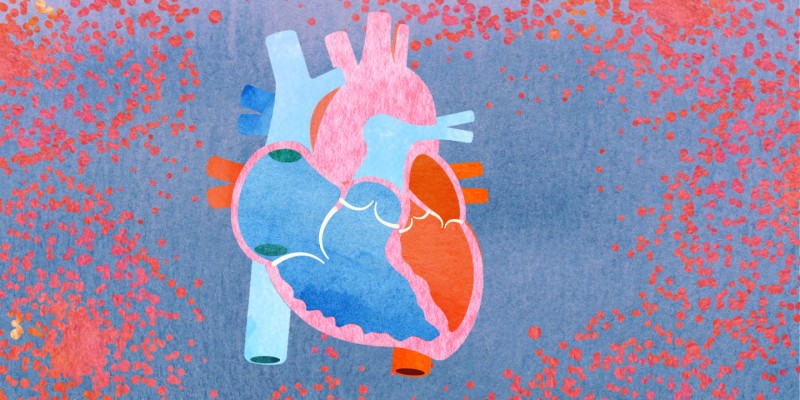
In a remarkable leap forward for medical science, recent research has uncovered a revolutionary cancer treatment technique that not only holds promise in the fight against cancer but also emerges as a potential cure for heart disease. This groundbreaking discovery not only signifies a pivotal moment in the ongoing battle against these health challenges but also instills newfound hope in the hearts of patients globally.
The research endeavors to delve into the unexpected yet profound connection between cancer and heart disease. Traditionally viewed as distinct medical domains, scientists have unearthed a common thread that intertwines these two prevalent health issues. The implications of this connection could redefine treatment approaches for both conditions.
At the core of this groundbreaking revelation lies the notion of repurposing an existing cancer treatment technique for potential application in treating heart disease. This shift in perspective reflects a strategic approach that has ignited excitement within the medical community and among patients grappling with these health challenges.
Central to this groundbreaking approach is the adaptation of immunotherapy, a potent weapon in the fight against cancer. Researchers are actively exploring how this well-established technique can be tailored to target the underlying mechanisms of heart disease, thereby presenting a novel avenue for treatment.
Another pivotal aspect of the research involves the customization of treatments based on individual patient profiles. This precision medicine approach aims to enhance treatment effectiveness while simultaneously minimizing potential side effects, representing a significant leap forward in personalized healthcare.
Beyond its primary focus on cancer, the newfound technique exhibits substantial potential in mitigating the complexities of heart disease. This dual impact could revolutionize the landscape of cardiovascular care, offering a holistic approach to patients facing these intertwined health challenges.
By repurposing existing methods, the research introduces a streamlined approach to treatment. This has the potential to significantly reduce the burden on patients undergoing separate regimens for cancer and heart disease, presenting a more manageable and patient-friendly treatment paradigm.
Despite the promising nature of the research, scientists acknowledge the challenges posed by adapting a cancer-centric technique for heart disease. Addressing compatibility issues is crucial to ensure the efficacy and safety of the treatment, underscoring the need for rigorous scientific scrutiny.
The research underscores the importance of meticulous monitoring to identify and mitigate potential risks associated with the long-term application of this technique. Ensuring the safety of patients remains a top priority as the medical community explores the broader implications of this groundbreaking discovery.
This breakthrough not only offers hope for current patients but also provides a glimpse into the future landscape of cardiovascular care. The potential integration of this technique could redefine treatment protocols globally, paving the way for a more effective and patient-centric approach to heart disease.
The success of this research highlights the critical role of collaborative efforts among scientists, institutions, and pharmaceutical companies. Fostering research collaborations is imperative to propel medical advancements further and bring about tangible changes in the way we approach complex health conditions. In the ever-evolving realm of medical breakthroughs, the intersection of cancer treatment and heart disease offers a beacon of hope. The repurposing of existing techniques signifies a paradigm shift towards innovative and integrated approaches, showcasing the resilience of human ingenuity in the face of complex health challenges. In conclusion, this groundbreaking research not only holds the potential to redefine the treatment landscape for cancer and heart disease but also exemplifies the power of interdisciplinary collaboration and innovative thinking in advancing medical science.
Navy Day Celebrations PM Modi To Watch Indian Navy's Operational Display at Sindhudurg
Mizoram: Zoram People's Movement Wins Tuichang, in Early Trends
Maldivian President Announces India's Agreement on Troop Withdrawal